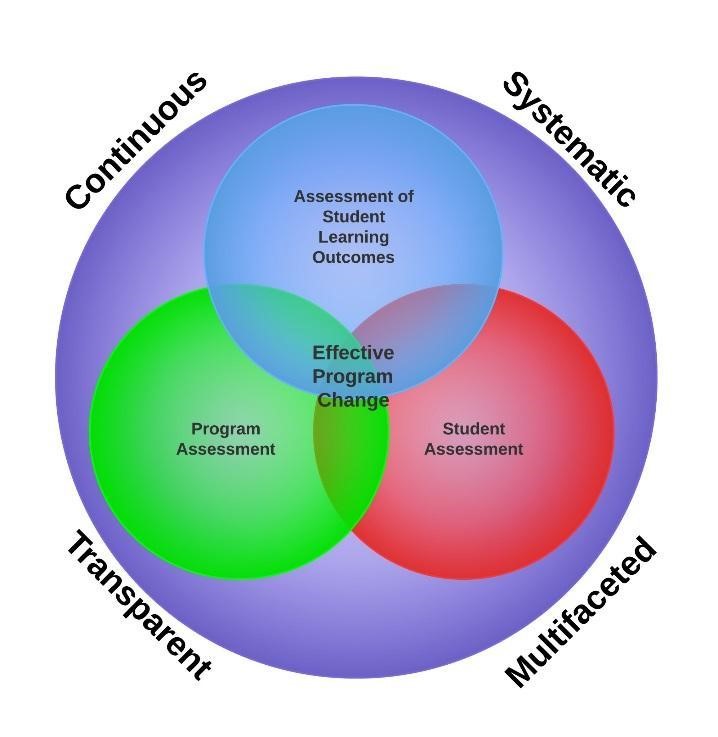Doctorate of Philosophy in Counselor Education & Supervision - Program Evaluation
The Counselor Education and Supervision program at Lindsey Wilson College uses a variety of assessments to inform program change and to support student learning and success. The CES Assessment Plan details the measures, processes and utilizations of assessment in the CES program. Areas of assessment include:
- Evaluation of the Program
- Assessment of Students
- Evaluation of Faculty and Supervisors
Program Objectives
The objectives of the Counselor Education and Supervision program include training students who will:- integrate ethically and culturally relevant diagnostic and assessment practices in clinical settings
- engage in scholarship to generate knowledge and effect evidence-based change
- demonstrate leadership, advocacy, administrative, and supervisory competencies relevant to the counseling profession
- incorporate pedagogy, technology, and research as essential tools in counselor education
Conceptual Framework
The CES assessment process is grounded in best practices as outlined in the Assessment Conceptual Framework below.

| Continuous - Assessment occurs in an ongoing fashion throughout the program. Systematic - Assessment occurs in an intentional, pre-planned fashion. Multifaceted - Assessment of each element of the CES program uses multiple measures. Transparent - Assessment outcomes and processes are accessible by faculty, staff, students and the community. |
Program Metrics for 2023
Number of Program Graduates - 1Pass rate on credentialing exams - 100%
Completion Rate - 10%
Job Placement Rate - 100%